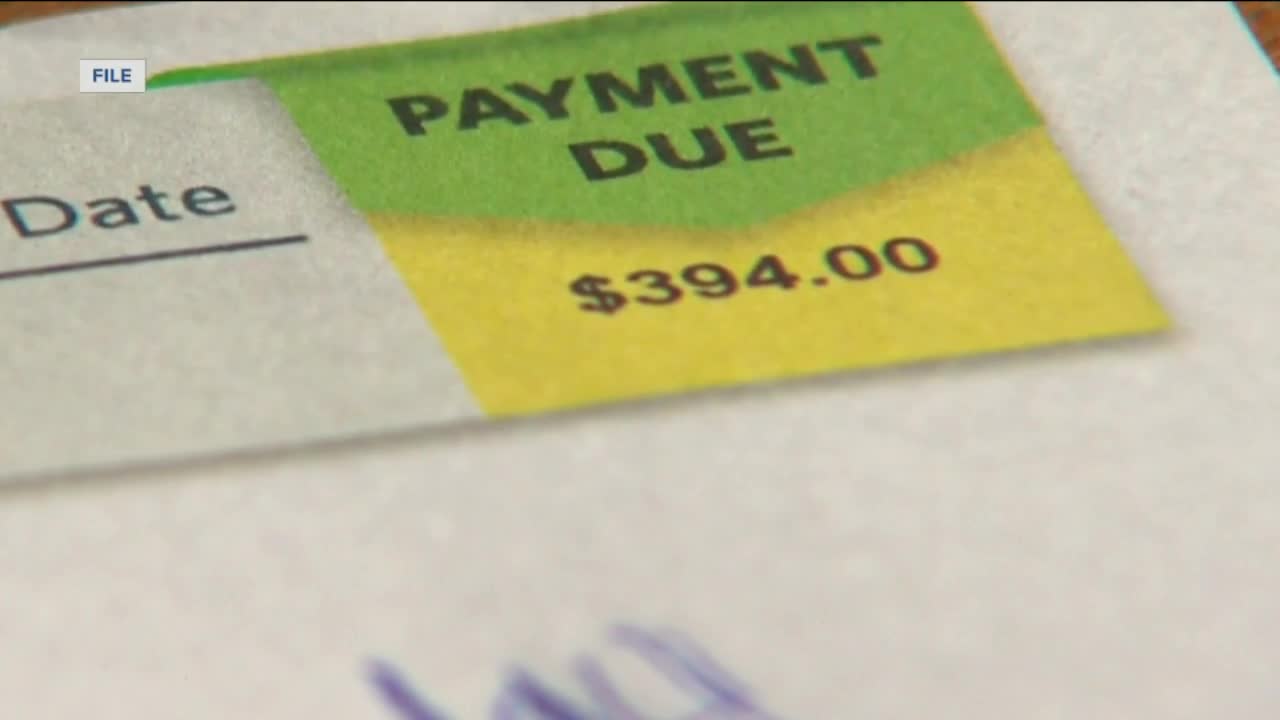WAUKESHA — If you have dental insurance, you typically don't think twice about the cost after you go in for teeth cleaning.
Kim Costello, of Waukesha, was not only billed for her visit, but her debt was also sent to a collections agency. Costello said she didn't even find out about it until six years after her appointment. Costello contacted our Call 4 Action office seeking advice.
In 2015, Costello had a different job with different dental insurance. She also lived at a different home. She told TMJ4 News she was looking for a new dentist and found one on West Bluemound.
"I asked, do I owe anything? Do I owe a co-pay? Nope, it's your yearly cleaning, x-rays, all that stuff," Costello recalled.
A statement she received from a collections agency states otherwise and shows a $355 debt.
Costello explains what's complicated about her billing case is that the dentist's office she went to for her cleaning six years ago is now closed.
"It's all very confusing, and it just seems like something is not right. Something is not adding up in this whole entire situation," Costello said.
Caitlin Donovan with the National Patient Advocate Foundation says while she can't say for sure what happened in Costello's case, in general when offices close, they sell their remaining bills to a debt collector.
"They just want you to pay something. That's their goal, is to just get money from you," Donavan said.
Costello wrote the collections agency to dispute the charge. That's exactly what Donovan says you should do.
"A bill collector has to give you thirty days if you contest the bill to prove that the bill is real and in those thirty days they cannot contact you," she added.
She also tells TMJ4 News billing mistakes are common and patients need to know their rights.
"In Wisconsin, the statute of limitations for a medical bill would be about six years. That doesn't mean that it can't show up on your credit report if you don't pay it."
Before paying anything, Costello is contacting her former dental insurer to get more answers.
"Maybe it's me being too cautious, but I'm not going to just be like willy nilly, 'Oh yeah, sure here's $300, why not?'" she said.
In cases where patients decide to pay, Donovan said you can try and negotiate with a collections agency for a lower amount, but it's important to ask the agency to put it in writing that your debt has been paid in full.

